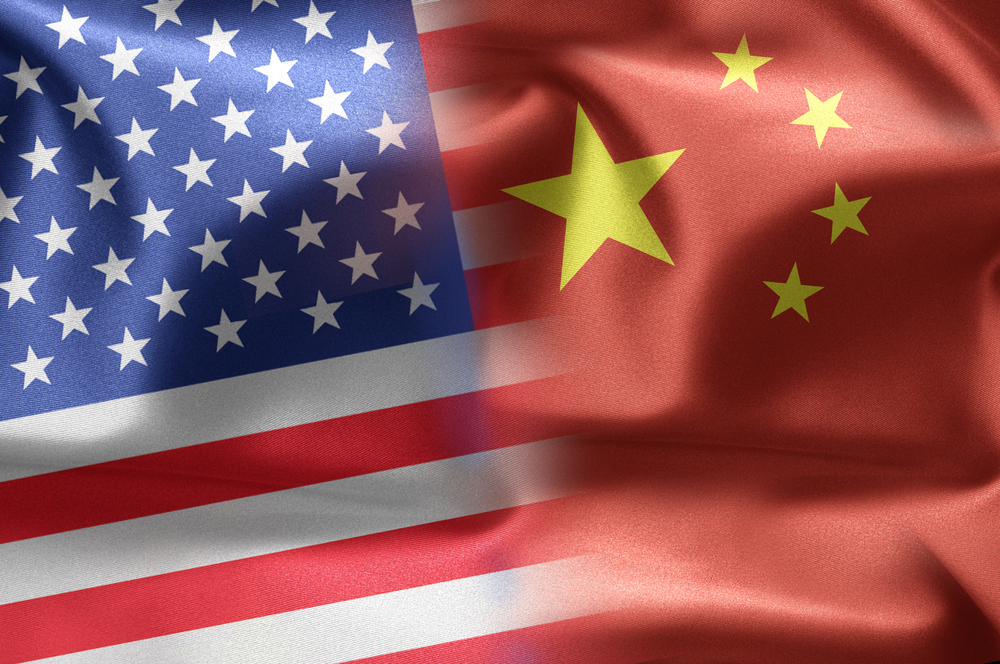
WASHINGTON — The nation’s business economists think President Donald Trump’s trade war with China will contribute to a sharp slowdown in economic growth this year and next, raising concerns about a possible recession starting late next year.
The latest survey by a panel of 51 forecasters with the National Association for Business Economics shows they expect growth, as measured by the gross domestic product, to slow to 2.3% this year from 2.9% in 2018. The new forecast marks a downgrade from the 2.6% estimate for 2019 economic growth that the NABE panel had made in June.
For 2020, the forecasters expect GDP growth to fall to 1.8%. They see little likelihood of a recession over the next 12 months but expect the risk to increase by late next year.
Gregory Daco, chief U.S. economist at Oxford Economics, said the forecasting panel turned more pessimistic over the summer, with 80% of the economists now saying the risks are pointed to the downside.
“The rise in protectionism, pervasive trade policy uncertainty and slower global growth are considered key downside risks,” Daco said.
Trade conflicts are perceived as the leading risk, with 53% of the panelists identifying it as such, while 12% saying they think weaker global growth is the biggest threat.
The forecasters estimate just a 7% likelihood of a recession starting this year, a 24% likelihood by mid-2020 and 47% by the end of 2020. They foresee a 69% chance of a recession beginning by mid-2021.
The economy is in its 11th year of expansion, the longest on record in the United States. To help avoid a recession, the Federal Reserve has cut its benchmark interest rate twice this year. Among the NABE panelists, about half foresee no further rate cuts this year; 43% envision at least one further cut. By the end of 2020, 69% expect the Fed to have cut its benchmark rate from where it is now.
The NABE is the professional organization made up of 2,800 members who use economics in their work. The group is holding its annual convention in Denver and is to hear from Fed Chairman Jerome Powell on Tuesday.